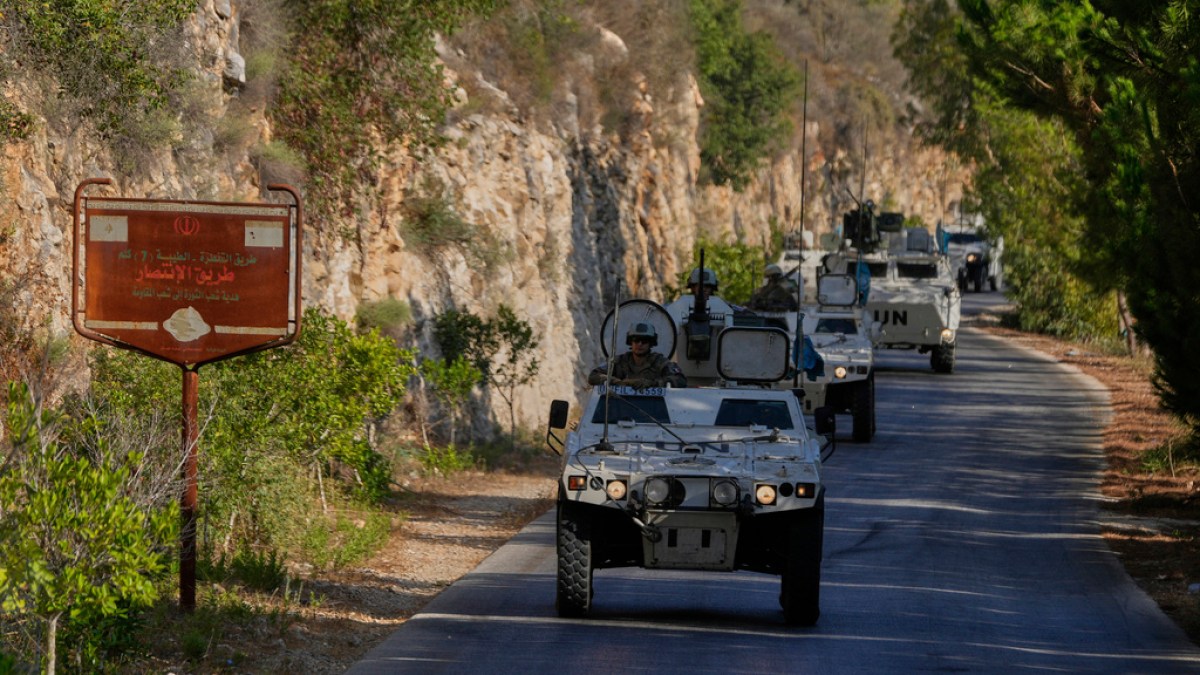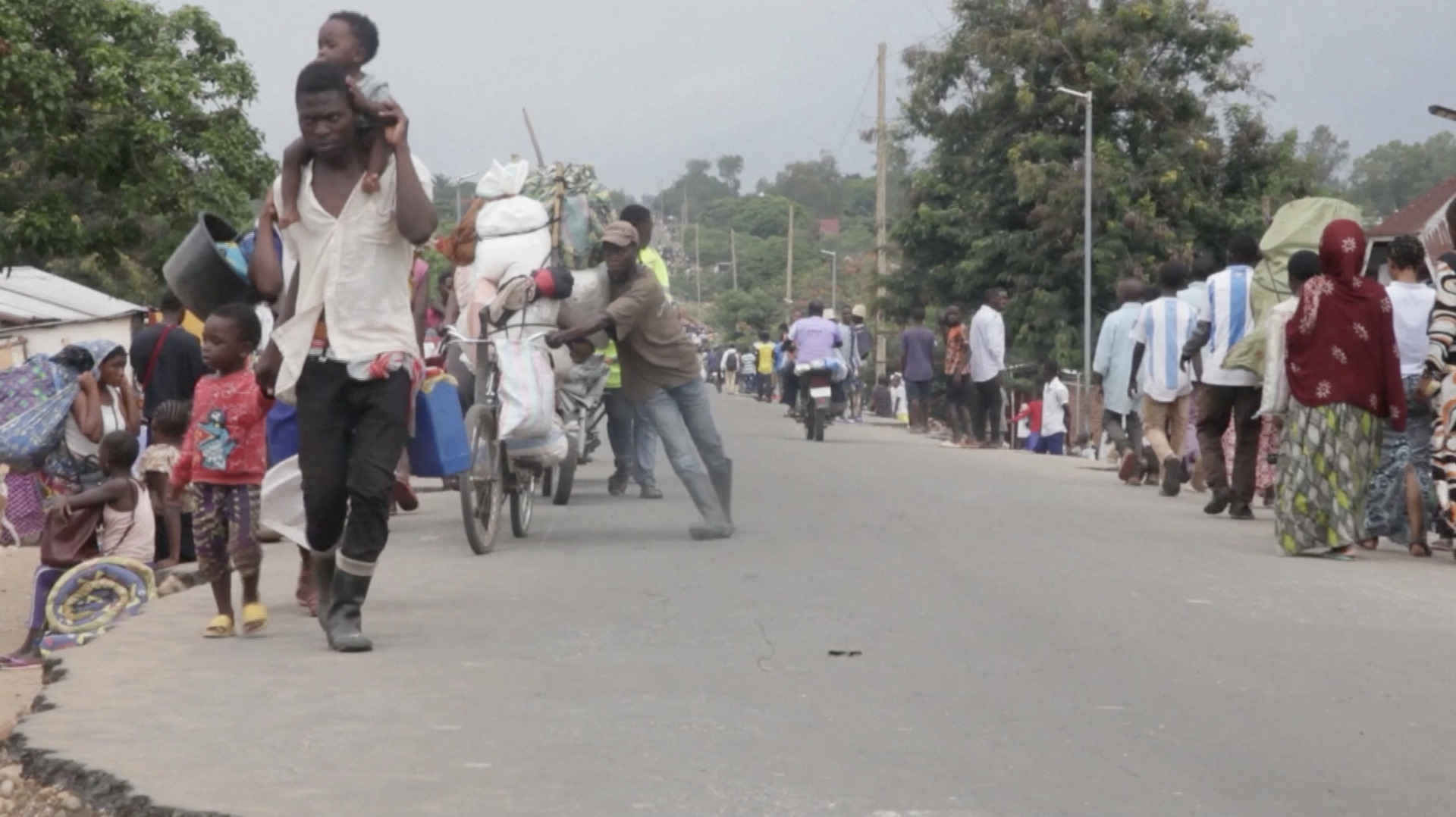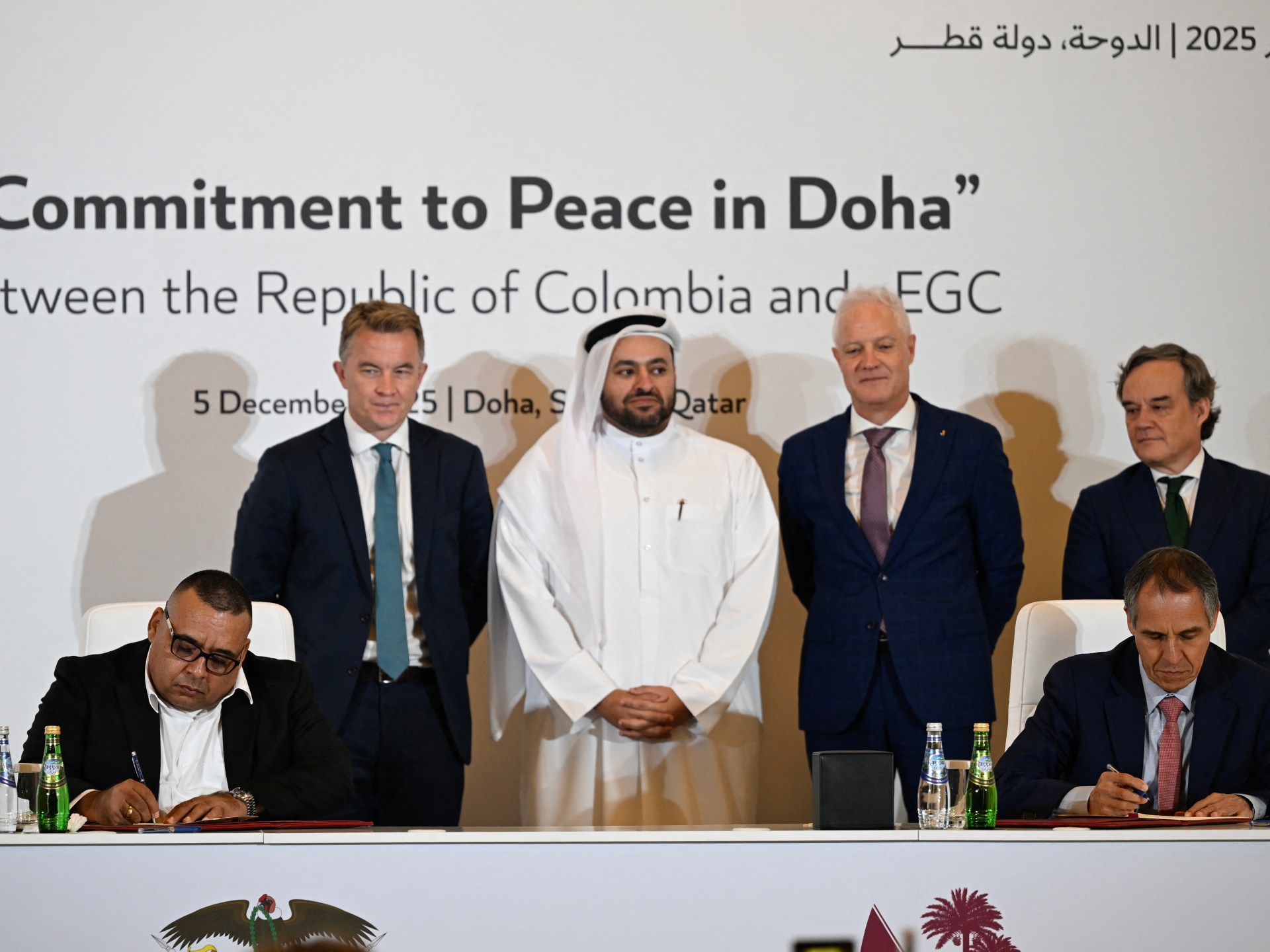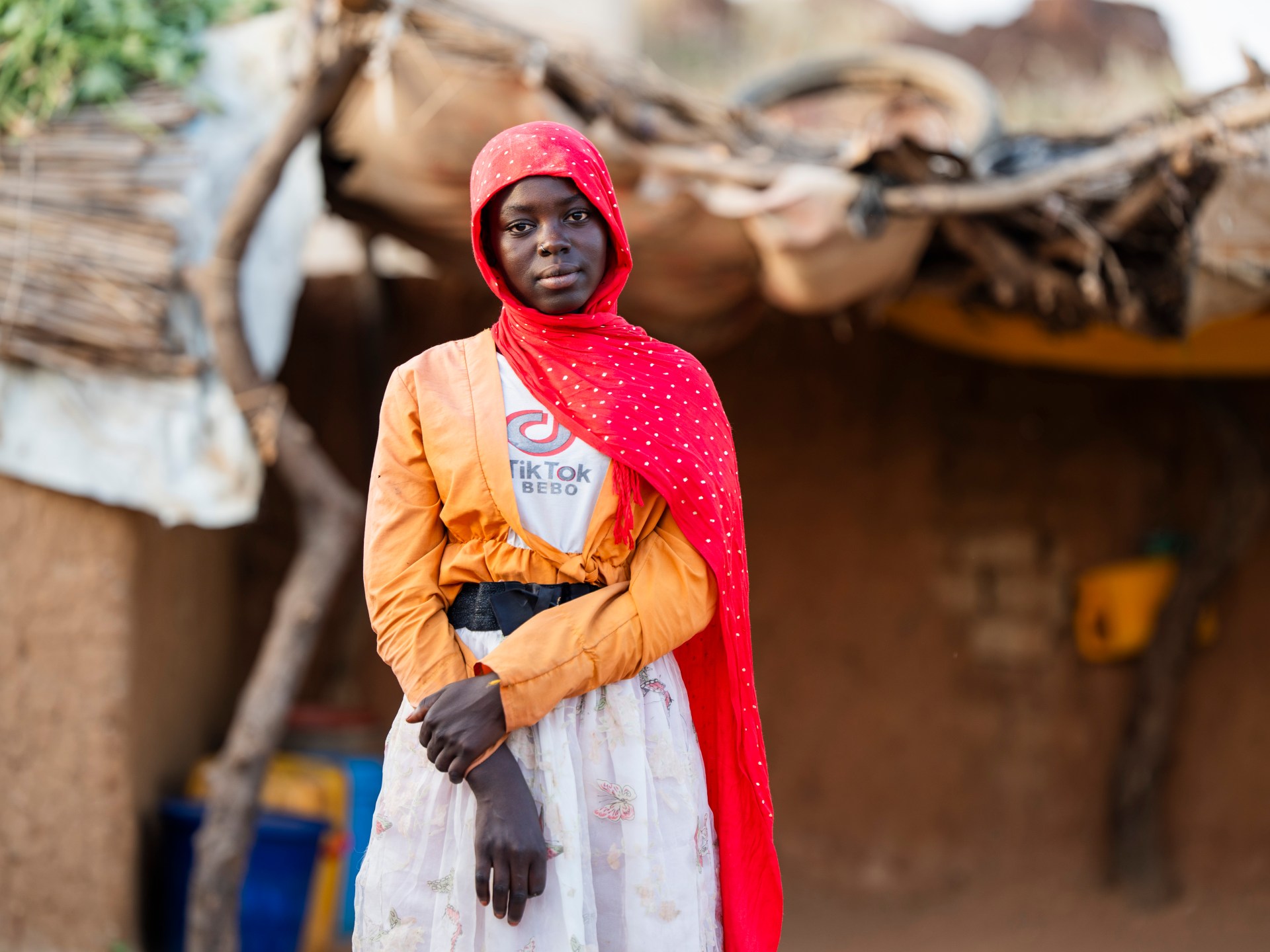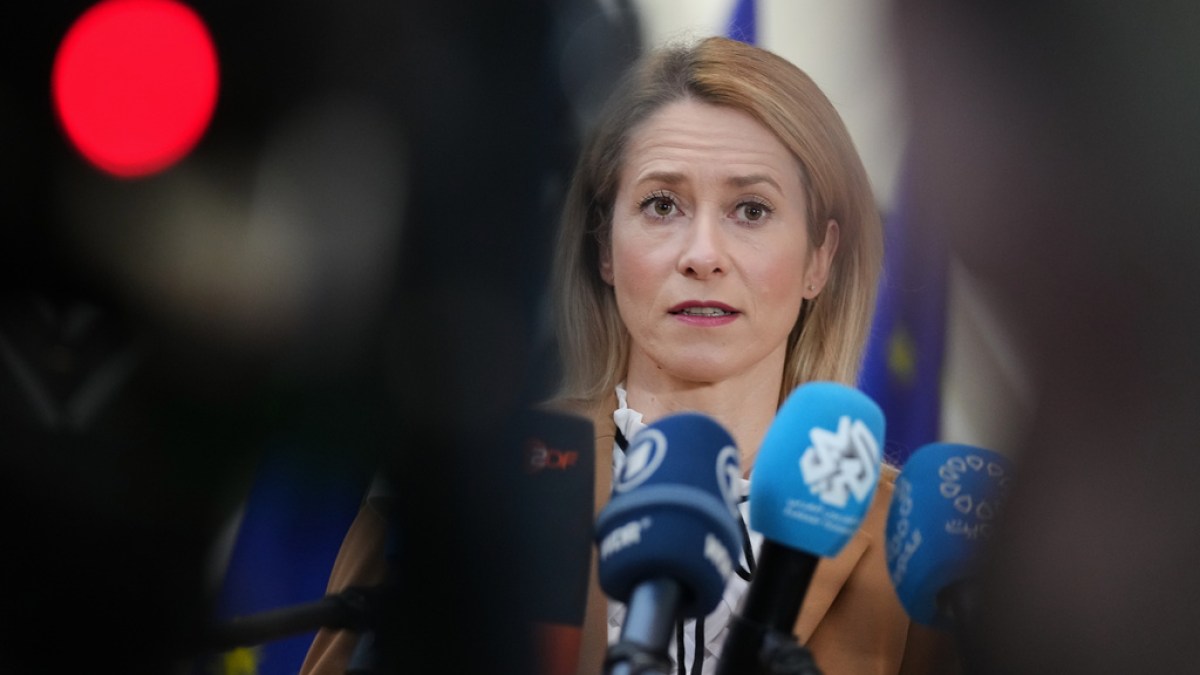The Lebanese army arrested six people after gunmen attacked international peacekeepers patrolling in the south of the country, as a United Nations Security Council (UNSC) delegation was to embark on a visit to the zone.
The army said in a statement on Saturday that its intelligence directorate had detained six Lebanese suspects in connection with Thursday’s attack, which saw six men riding on three mopeds opening fire on a UN peacekeepers’ patrol vehicle without hurting anyone.
Recommended Stories
list of 3 itemsend of list
It said it would not tolerate attacks on UNIFIL, as the UN force is called. For nearly five decades, its peacekeepers have acted as a buffer between Israel and Lebanon, with further monitoring of a ceasefire struck in November last year between Israel and Lebanese armed group Hezbollah.
The arrests were made after Lebanese President Joseph Aoun met a visiting UNSC delegation on Friday, signalling that its members would be embarking on a tour of southern Lebanon to check “the situation on the ground”.
Aoun said the delegation’s trip south would help it to “see the real picture of what is happening there”, after discussions on escalating tensions with Israel and the army’s efforts to disarm Hezbollah.
Last year’s truce was supposed to see Israeli forces withdrawing from Lebanon as Hezbollah disarmed. However, Israeli forces continue to occupy at least five positions inside Lebanese territory and have conducted near-daily attacks across Lebanon that have killed more than 300 people, according to the UN.
Israel claims its operations are targeting Hezbollah members and infrastructure to prevent the armed group from rebuilding its military capabilities, but it has killed dozens of civilians in its attacks and destroyed residential buildings and critical infrastructure. UNIFIL has also recently complained of Israeli forces firing at or near its peacekeepers.
The UNSC visit to the country comes amid tentative signs of potential deeper engagement between Lebanon and Israel, with the pair holding direct discussions on Wednesday under the auspices of a ceasefire monitoring mechanism.
Aoun told UNSC delegates on Friday that his country had “adopted the option of negotiations with Israel” and that “there is no going back.”
